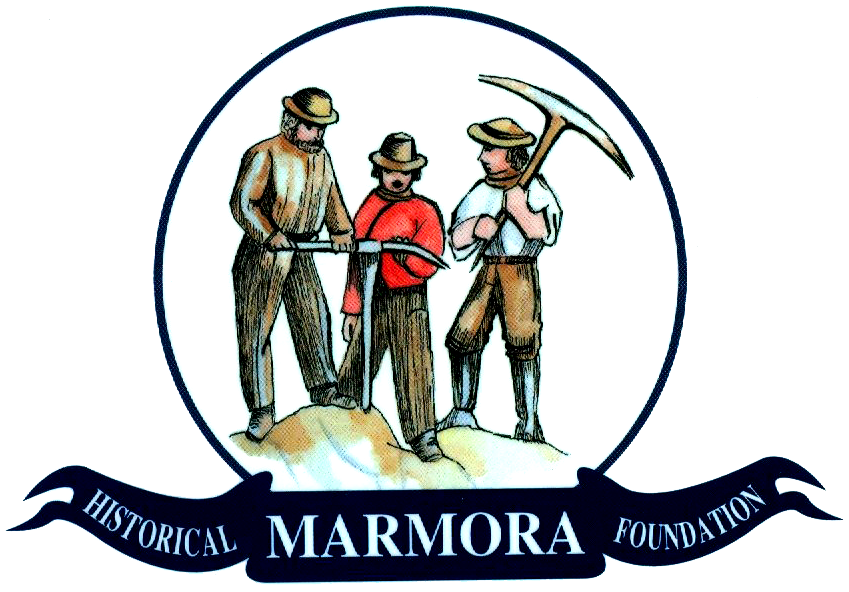Women's Role - Reverend Sedgewick's Opinion
/Sarah Gladney Meath and dau Sarah abt 1865 Trenton Ontario
Mary Victoria Campion 1839-1913
Sarah Mariah (Johns) Bleecker 1839-1929
Jane Gladney Minchin Laycock, daughter Martha Laycock Robson Londry Mac Callum
Canadian Museum of History
“The Proper Sphere” — Women during the Confederation Era
Lecturing at the Halifax YMCA in 1856, Reverend Robert Sedgewick described what he believed to be the “proper sphere” of respectable women in Canadian society. Campaigning for political causes, holding public office, serving on juries, working in factories or similar activities would only coarsen women and draw them into competition with men. Instead, a woman’s place was in the home, where she could learn and apply the arts of housekeeping, comfort her husband, and raise and nurture her children. Men were intended to go out in public to contend with the stress of business and politics, while women maintained the domestic sanctuary that was home. As the nineteenth century progressed, however, the reality of women’s lives included increasing participation in the political and social world.
The concept of separate spheres was buttressed by laws that gave husbands virtually all of the authority and economic control in a marriage. This division of responsibilities, however, disguises the complexities of women’s experiences during the Confederation era.
Maria Campion 1831-1915
Taking advantage of their position as caregivers and arbiters of morality, women did venture outside their homes to become leaders in church work and charitable societies.
To help alleviate the problems created by industrialization and urbanization, they established and staffed organizations which dealt with the plight of immigrants, orphans, unwed mothers, problem drinkers, the poor and the homeless. Some young women entered respectable skilled jobs as teachers and nurses. While higher education for women was unusual, a few women entered university in the “womanly” faculties of art and household science, as well as medicine and law. Many educated women believed they could better society by entering politics and campaigning for the female franchise.
The boundaries separating the spheres of middle-class women and men were further eroded when the husband could not support his family due to illness, desertion, poor character or death. Faced with the need to provide for her family, a woman relied on her own skills, education and connections.
One solution that drew naturally upon a woman’s housekeeping talents was running a boarding house. Some women operated dressmaking or millinery businesses. Accomplished artists and writers could choose some combination of tutoring and production for the commercial market. In these and other pursuits, women created livelihoods and some measure of independence for themselves.

